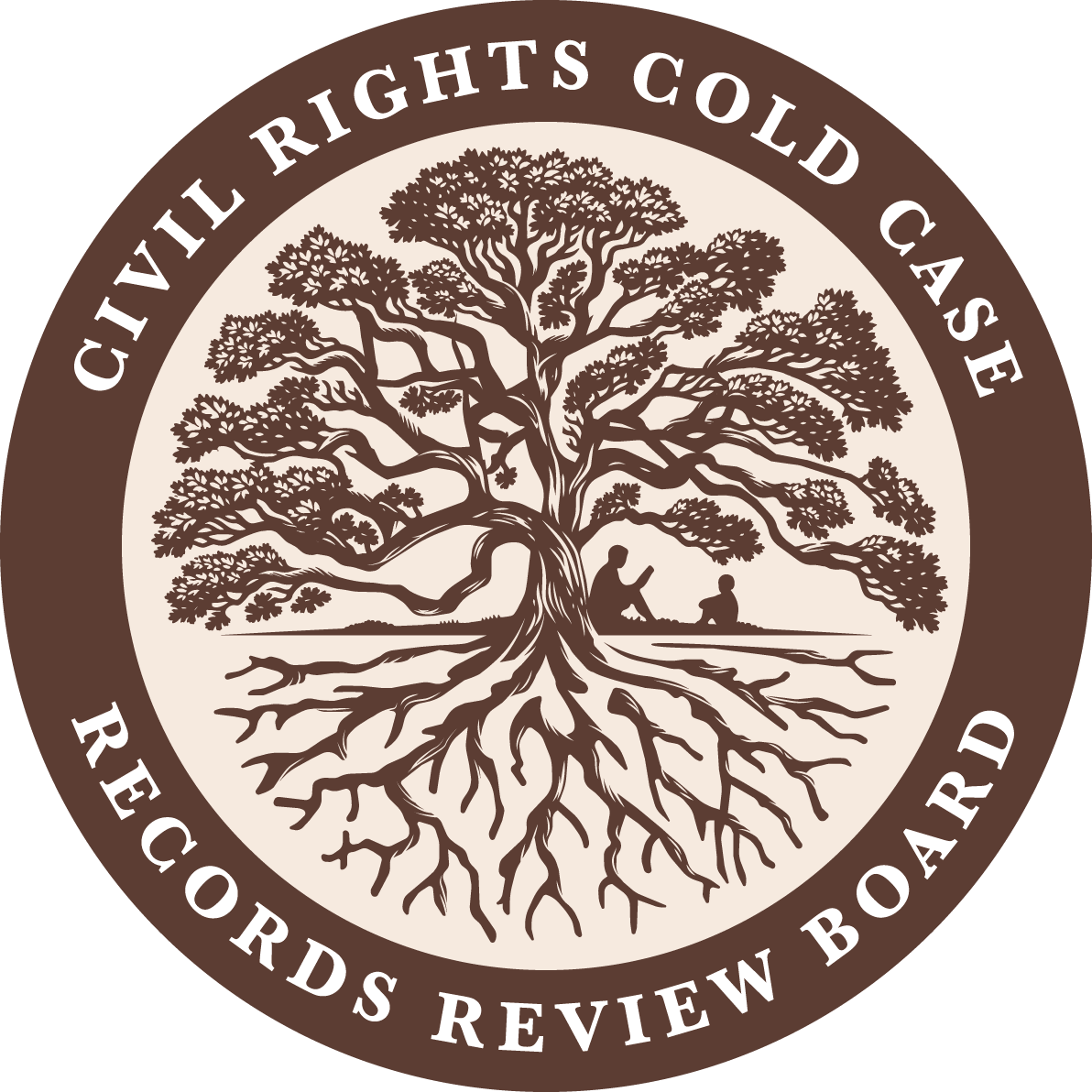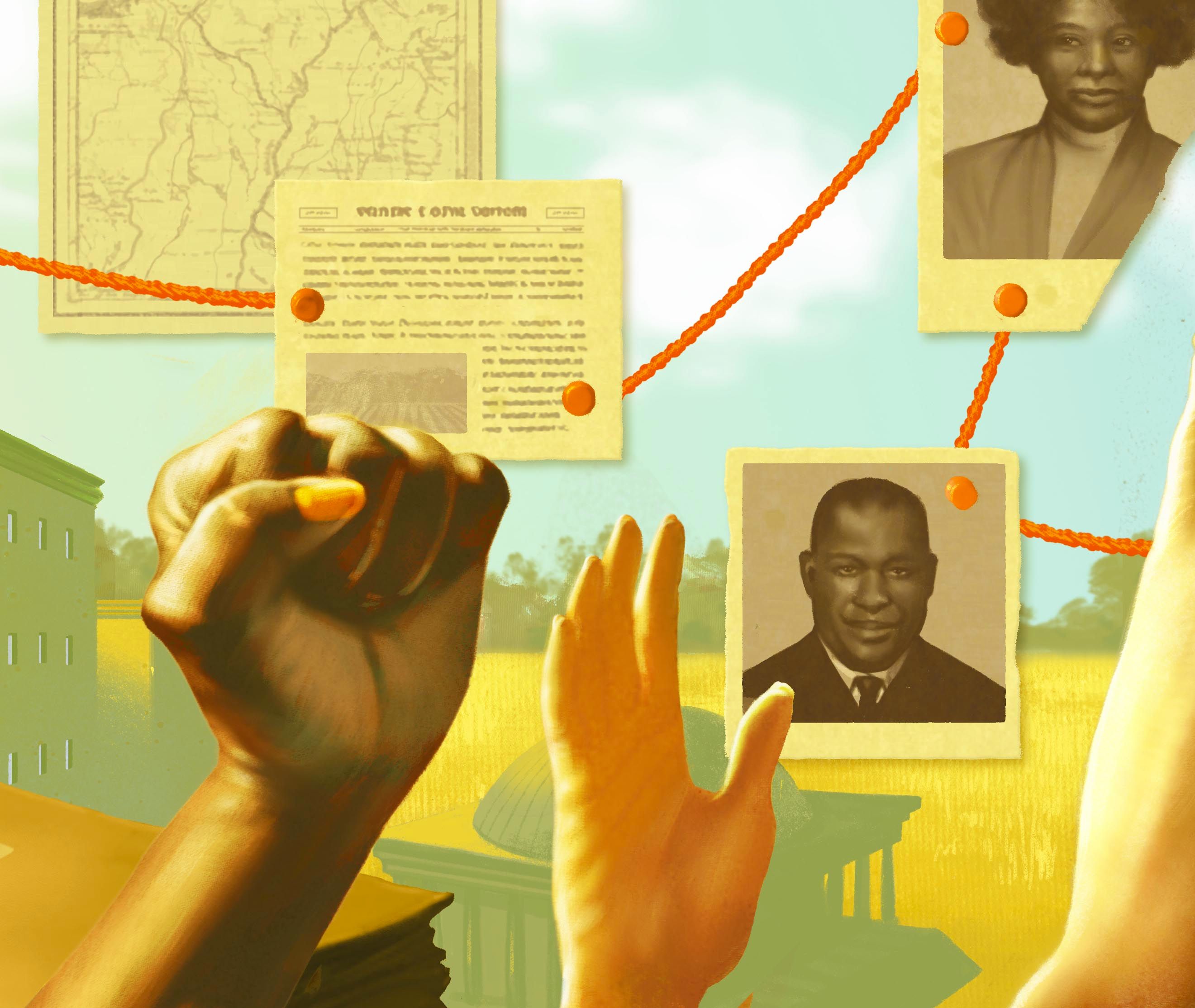
Who we are & what we do
The Civil Rights Cold Case Records Review Board is a nonpartisan panel of private citizens, appointed by the President, who are working to release the contents of federal investigations into unresolved cold cases from the civil rights era. In making these records publicly available, the goal is to provide a measure of clarity to relatives of victims, and also provide a more comprehensive picture of a dark chapter in our nation’s history. Find out more.
“After all this time, we might not solve every one of these cold cases, but my hope is that our efforts will, at the very least, help us find some long overdue healing and understanding of the truth.”
- Sen. Doug Jones, July 10, 2018, on the floor of the U.S. Senate
Newly released cases
-
Eleanor Montgomery Rush was a 17-year-old domestic worker and cleaner from Albemarle, North Carolina.
An individual contacted the FBI in 1954 with information about a man named Willie Gunn. No other biographical data for Gunn was found.
Willie Ruth Mosley (born Willie Ruth Williams) was 17 and had two children, William “Ukelay” Mosley Jr. and Laura Jean Mosley, with her husband, William “Bill” Mosley.

Marion King was a native of Valdosta, Georgia and mother of three at the time of the incident. A Spelman College graduate, she was married to Slater King, a founder of the Albany Movement. They lived in Albany, Georgia.
“We have an obligation. We have a mission. We have a mandate. The blood of hundreds of innocent men and women is calling out to us.”
- Rep. John Lewis
Stay informed
To get updates, including notification of newly released cases, please join our email list.
Sign up




